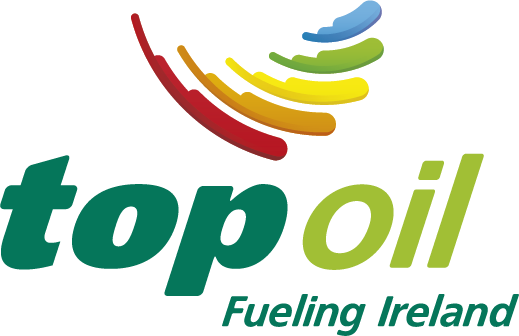
HVO Renewable Diesel
Top performance with up to 90% fewer emissions
This biofuel is made entirely from sustainable feedstocks and is a direct replacement for standard diesel with no engine modification required*.
Text with links grid component
 Content
ContentQuality product
Our HVO 100 (Hydrotreated Vegetable Oil) Renewable Diesel is a lower-carbon biofuel that is designed to replace standard diesel without affecting engine performance and, when approved by the manufacturer, can be used without requiring modifications to tanks or vehicle engines. Furthermore, HVO is approved by most major OEMs for use in their latest diesel engines.*
 Content
ContentEnvironmentally friendly
HVO 100 Renewable Diesel can achieve up to a net 90% reduction in greenhouse gas emissions by reducing NOx (nitrogen oxides), PM (particulate matter) and CO2 (carbon dioxide) emissions when compared with regular diesel.
 Content
ContentUses
HVO 100 can be used in diesel engines for both on-road and off-road purposes. These include transport, haulage, HGVs, vans, buses, cars, mobile plant and construction machinery, boilers and space heaters, tractors and mobile farm machinery, generators, marine bunker fuel and data centre primary fuel source.
Text with links grid component
 Content
ContentPioneering
The Whitegate refinery was one of the first in the world to produce HVO. Initially, the product was a mixture of HVO and conventional diesel. This expertise has enabled Whitegate to offer HVO Renewable Diesel, made from 100% sustainable sources.
 Content
ContentRegulatory compliance
HVO 100 meets international fuel standard IS EN15940 Class A. It can assist you in reducing your carbon footprint by effectively reducing greenhouse gas emissions and help you achieve Environmental, Social and Governance (ESG) goals or other regulatory emissions reduction requirements.
 Content
ContentAccreditation
Top Oil holds ISCC accreditation, which ensures feedstocks are sustainable and greenhouse gas (GHG) reduction is verified through independent compliance audits.
*Confirm with your vehicle supplier prior to use.
To fuel up, visit any of these sites:
Top Oil Newhall, Collinstown, Cobh Cross, or the Top Oil Drogheda Depot.
See full location details here.
Want to order HVO Renewable Diesel?
Contact us to discuss HVO and talk to a sales representative in your region.
FAQ
This set requires use of the arrow keys to navigate each heading instead of the tab key. use the enter key to open the content below the heading
